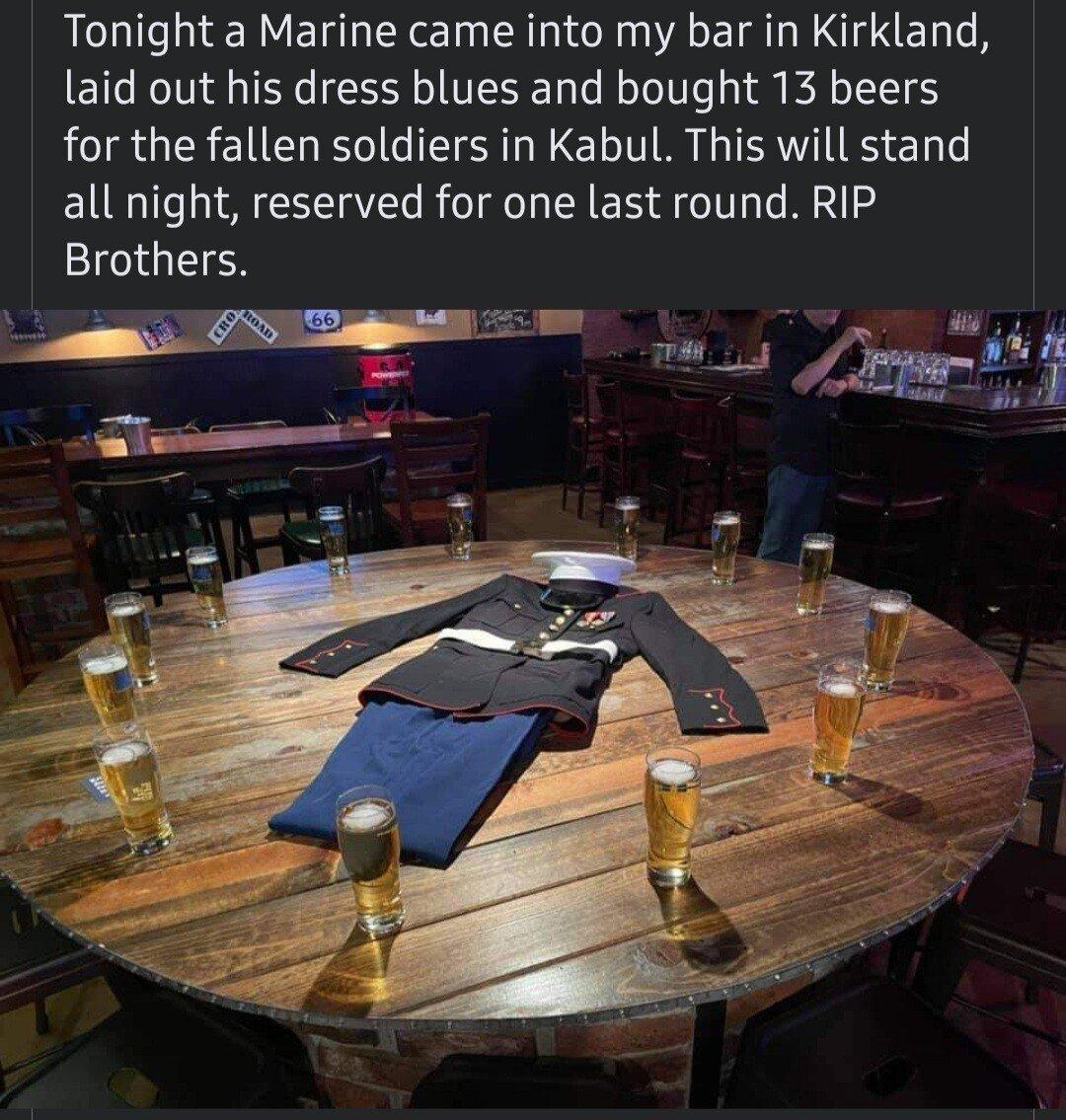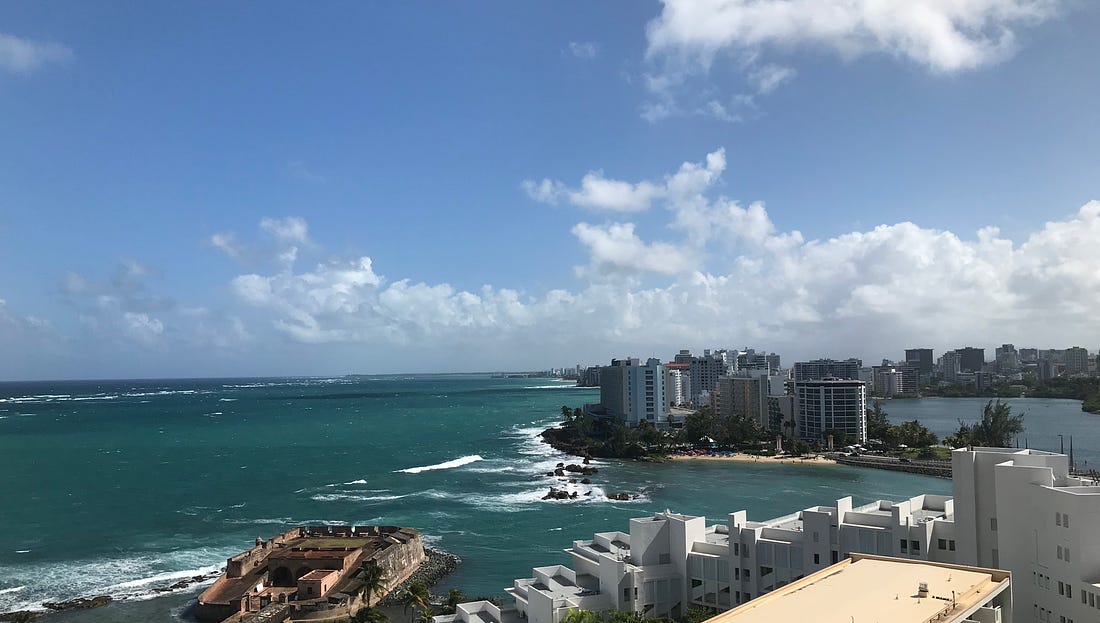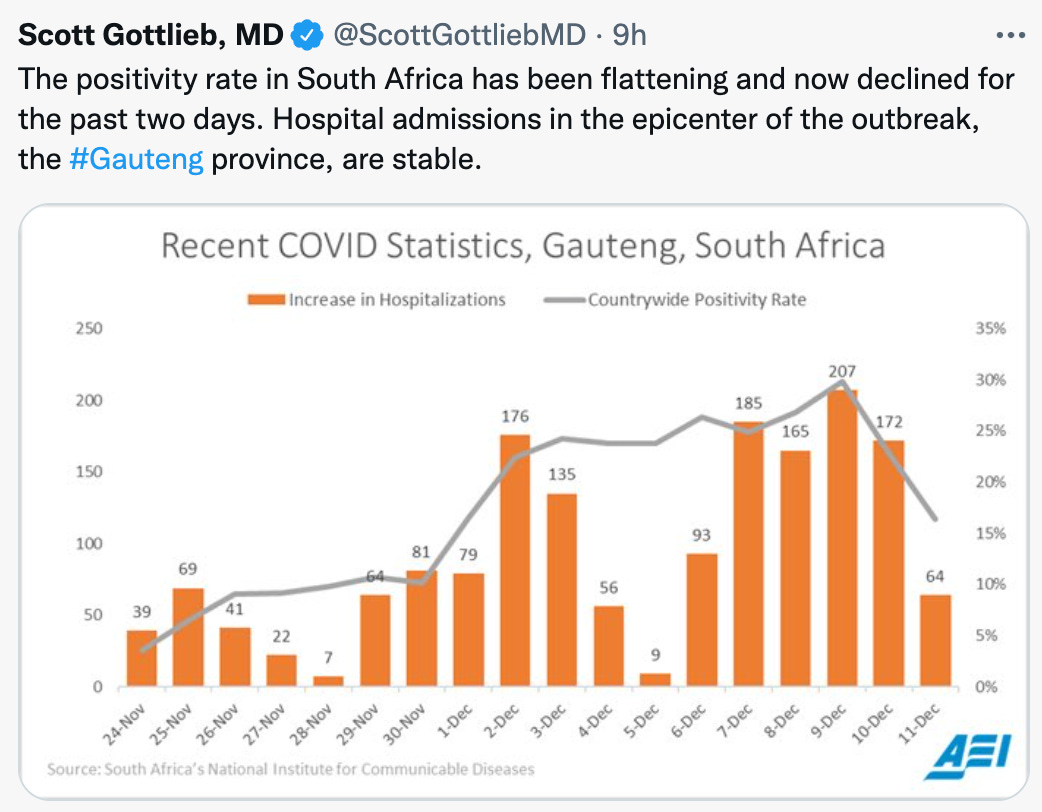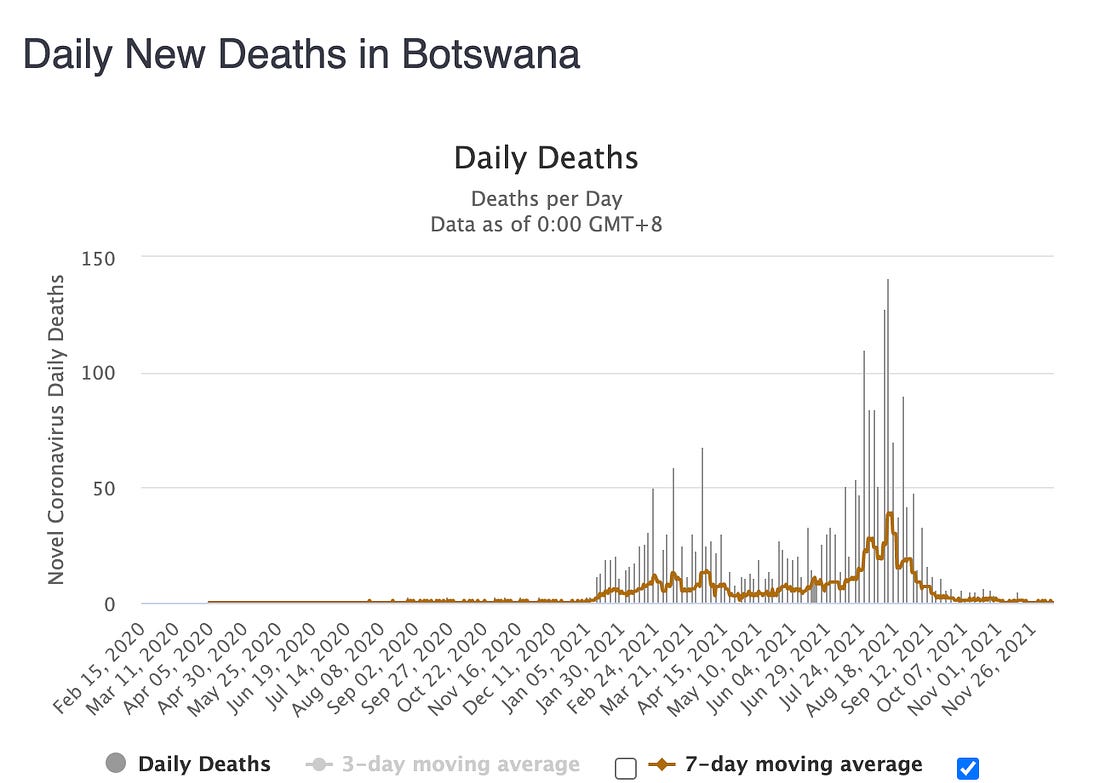Reprinted from The Remnant 2004...
The following letter from Dietrich Von Hildebrand, who was described by Pope Pius XII as the 20th century Doctor of the Church, is not without interest in view of the recent critiques appearing in The Remnant of the article "Why Vatican II was Necessary", which appeared in the March 2004 issue of Crisis magazine.
In view of my almost totally negative attitude to the Council set out in my book Pope John’s Council, I felt very uneasy some years ago when reading certain enthusiastic remarks concerning Vatican II in Dietrich Von Hildebrand’s Trojan Horse in the City of God. Compared with Dr. Von Hildebrand I am an intellectual pygmy, and I wrote to him explaining the fact that I was very unhappy about our disagreement, particularly with regard to such instances as his praise for the official documents and "the greatness of the Second Vatican Council" found on page 1 of his book. He replied as follows in a letter, dated 22 April 1976:
Dear Friend in Christ:
I was delighted in reading your letter to Bishop Donohue of Fresno in "The Remnant." This letter is a masterpiece. The repetition of "My Lord" is delightful. Thank you for writing it.
I was very pleased about your words concerning my position toward the documents of Vatican Council II. I consider the Council—notwithstanding the fact that it brought some ameliorations—as a great misfortune. And I stress time and again in lectures and articles that fortunately no word of the Council—unless it is a repetition of former definitions de fide—is binding de fide. We need not approve; on the contrary we should disapprove. Unfortunately Maritain said in his last book: the two great manifestations of the Holy Spirit in our times are Vatican Council II and the foundation of the state of Israel.
I read the chapter of your book and I am completely satisfied. Hoping to meet you some day, I am united with you in caritate Christi and in the fight against Modernism.
Yours affectionately,
Dietrich von Hildebrand
So that readers may have the benefit of placing all this in context, I’m including the original letter from Bishop Donohue and my response to him, which was published in the 1976 issues of The Remnant. Perhaps the exchange will serve to illustrate anew that the more things change the more they stay the same.
Diocese of Fresno
Chancery Office
1550 North Fresno St.
Fresno, CA
Dear Monsignor/Father:
It has come to my attention that the Tridentine Mass has been more common in the Diocese of Fresno than I had reason to suspect.
I wish you to make it a matter of conscience to discover if such a Mass is being celebrated in any hall, house or wherever within the confines of your parish.
If so, I wish you to definitely confront the priest if possible and tell him he has no faculties of permission in this Diocese to offer any Mass. If any of his followers are present tell them that the Mass is gravely illicit and that they are gravely sinning through destroying the unity of Faith by their disobedience.
If such a practice continues I will be forced to use the ultimate decision of declaring them contumacious and excommunicated.
Sincerely in Christ,
Hugh A. Donohoe, Bishop of Fresno
Open Letter to Bishop Donohoe
Most Rev. Hugh A. Donohoe, Bishop of Fresno, California
February 23, 1976
My Lord Bishop:
A friend who lives in your diocese has sent me a copy of your letter (see Remnant, March 6th, for full text) stating that you are prepared to declare that priests who celebrate, and the faithful who attend, the Tridentine Mass are ‘contumacious’ and will be ‘excommunicated’. We had begun to believe that, in the era of the “spirit of Vatican II,” no one could be excommunicated; but now we know: there is one crime in the “open Church” that will not be tolerated, at least in the Diocese of Fresno, the crime of worshipping as our forebears worshipped; the crime of using that form of Mass which Fr. Fortescue, the greatest liturgist historian of my own country, tells us ‘goes back without essential change to the age when it first developed out of the oldest liturgy of all. It is still redolent of that liturgy of the days when Caesar ruled the world and thought he could stamp out the faith of Christ, when our fathers met before dawn to sing a hymn to Christ as God”.
Clearly, my Lord, you think that you can succeed where Caesar could not.
Crammer too thought he could stamp out the traditional Mass. When he replaced it with a new English Communion Service in 1549, the peasants of the west rose up against him and demanded the right to worship once more with the same Latin Mass that their fathers had used. I would suggest, my Lord, that if you study Crammer’s methods you could improve upon excommunication. Priests were hung from the church towers in their Mass vestments for the very act for which you now threaten to excommunicate them; humble peasants were hung in the hundreds because they assisted at the Mass which you, like Cranmer, condemn as “gravely illicit”. But Cranmer could not stamp out the traditional Mass – and you think that you can succeed where he failed.
With the reign of Elizabeth came the rack, the hanging, the drawing and quartering – but the reply of the faithful was always the same: “We will have the Mass.” And the Mass they would have was the one codified by Pope Pius V in 1570, but not a new form of Mass like that promulgated in 1969, but the Mass of the ages codified, as Pope St. Pius V intended, for all eternity. No priest could ever be made to say any other form of Mass, he insisted. But now if a priest uses that Mass in the diocese of Fresno, he will be “excommunicated”.
My Lord, forgive me if I seem impertinent, but in my country we have a great devotion to our martyrs; we also know our history. When I read your letter, I could not believe that it was not written by an English bishop of the sixteenth century. “I wish you to make it a matter of conscience to discover if such a Mass if being celebrated in any hall, house, or wherever within the confines of your parish”. Those are your exact words.
My Lord, have you no more urgent business to employ your priests upon? Have you, for example, ordered them, as a matter of conscience, to go into their parish schools to discover whether the faith of the children, for whom you are responsible before God, is being corrupted by inadequate or even heretical textbooks? Have you ordered your priests to discover, as a matter of conscience, whether secularist-humanist sex-education programmes are being used to corrupt the morals of the children in any of your parochial schools? Have you, my Lord, as a matter of conscience, ever attempted to discover whether what few liturgical laws remain are being flouted in your diocese – is Communion being given in the hand? Are unauthorized Eucharistic prayers being used? If you discovered such abuses, would you excommunicate those involved? I wonder…
I am quite certain, my Lord, that in a spirit of ecumenism, you would not only NOT excommunicate members of your diocese who take part in Protestant services, but probably encourage them to do so. Can you see no incongruity? You must surely be aware that the Secretariat of Christian Unity issued an Ecumenical Directory in 1967. This Directory not only authorized Catholics to take part in the liturgy of the Orthodox Church on Sundays, but said that this satisfies their Sunday Mass obligation. Yes, my Lord, to take part in the worship of schismatics fulfills our Sunday obligation, but to worship in the manner which has inspired so many saints and has been sanctified by the blood of martyrs – this must be punished by excommunication.
My Lord, unless your diocese is unique in the western world, the introduction of the new Mass for pastoral reasons will have been followed by a serious decline in Mass attendance. Thousands of your flock, who assisted at Mass each Sunday before, no longer do so – but they will not be excommunicated. Oh no, my Lord. Better no Mass at all than the Mass of our fathers.
And please, my Lord, do not say that you have no alternative. Do not say that you are only obeying orders. One thing which has become clear since Vatican II is that the clergy in general and the Bishops in particular take the laity for fools. Not all the clergy, of course. There are some who are determined to remain true to the Faith into which they were baptized and to the Mass which they were ordained to offer. Fr. Henri Bruckberger to mention but one, has written: “Do our Bishops take us for idiots? We are as familiar with the relevant documents as they are. We know that the new Mass has simply been authorized and has not been made mandatory”. Fr. Bruckburger was Chaplain General to the French Resistance, my Lord. He has had ample experience with men who were only obeying orders. I would also remind you, my Lord, that here in England the Tridentine Mass is not absolutely prohibited. It is, of course, celebrated all over the country, in houses and halls, whether the bishops like it or not – but it is also celebrated on occasions in churches and in Cathedrals, with their blessing, and, I might add, with the full knowledge and consent of Pope Paul VI. What is permitted in Britain could certainly be permitted in the United States.
My Lord, once more without wishing to be impertinent, I would ask you whether you are really clear as to what the word “pastor” means. If you have not forgotten the Parable of the Good Shepherd, you will remember that in the east a shepherd leads his sheep; he not only leads them, but he loves them; and because he loves them he leads them to green pastures. My Lord, because some of your flock wish to take their spiritual refreshment from the pastures they have always known and loved, you threaten to cast them out from the sheepfold. My Lord, this is not the action of a good shepherd but a bad bureaucrat, a man who believes that the reason for our existence is to be made to obey regulations and that his vocation is to use any means to ensure that this is done.
My Lord, do the basic principles of moral theology no longer apply in the renewed Church? You will certainly have been taught as a seminary student that a legislator should not simply refrain from demanding something his subjects will find impossible to carry out, but that his laws should not be too difficult, too distressing or too disagreeable, and should take account of human frailty. A law can cease to bind without revocation on the part of the legislator when it is clearly harmful, impossible, or irrational. If forbidding faithful Catholics to honour God by worshipping Him in the most venerable and hallowed rite in Christendom does not meet these conditions, it would be hard to imagine anything that did. For a Catholic to contemplate disobedience to his bishop is a terrible thing, but Fr. Bruckberger has reminded us of Montesquiew’s dictum: “When one wants only good slaves one ends up with only bad subjects.”
My Lord, as a postscript to your letter, you add a suggested petition on behalf of the Jews in Syria, a petition to be used on March 14 in the parishes of your diocese. Might I suggest a similar petition which Catholics elsewhere could use – for, after all, charity begins at home. “That there be an alleviation of the suffering experienced by the Catholics living in the Diocese of Fresno and that they may be free to worship God according to the traditions of their fathers as they desire, let us pray to the Lord.”
I remain, my Lord Bishop, Yours in Domino,
Michael Davies
London, England
Source: The Remnant


























